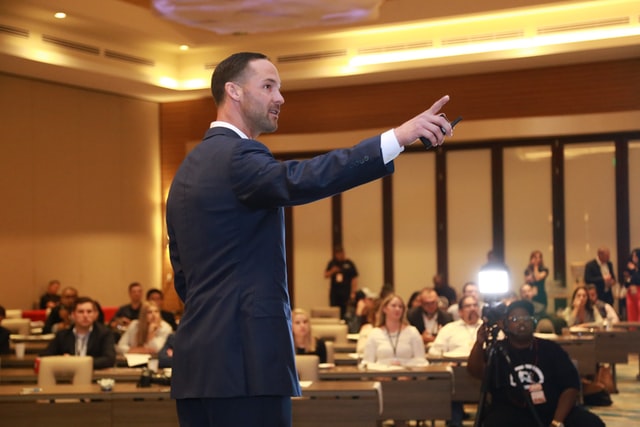What is the role of an expert witness? The court and the client have an overriding duty to an expert witness. Expert witnesses should conduct investigations with due care and provide sound opinions. They should only accept instructions relating to matters that they are qualified to handle and should provide ideas that fall within their area of expertise. Listed below are some of an expert witness’s duties and how to handle them. Read on to discover more about the role of expert witness finance and an expert witness in court.
Experience
One of the most important things to consider when hiring an expert witness is their experience. Whether they have testified before or have not, a qualified expert can help you understand the details of the case and the procedures involved in the court. In addition, having a strong rapport with the expert witness can increase the chance of success in the case. These are just a few factors to consider when hiring an expert witness. Of course, experience is the most critical factor, but other factors are also very important.
Expert witnesses are expected to have extensive experience in their field. Most professional societies provide guidelines about how an expert should testify, but the recommendations often apply only to subspecialty areas. For instance, the AMA recommends that the witness have comparable training, education, and experience to the case. This recommendation is beneficial for reviewing the standard of care in medical malpractice cases. However, these guidelines do not address the qualifications of an expert witness outside of their specialty area.
Objectivity
The objectivity of expert witnesses is critical to the credibility of their testimony. In the legal system, it is vital to use expert witnesses whose opinions are objective and unbiased by personal feelings. Objectivity can be achieved only by analyzing the relevant evidence, not by relying on the expert’s experience or training. But there are many obstacles to objectivity. Below are three of the most common obstacles:
The first hurdle in ensuring objectivity is that the other side can attack an expert’s integrity. This can be done by asking questions, evaluating the relevant data and reasoning, and using techniques to minimize the possibility of bias. An example of a potential conflict of interest involves a witness’s collusion with the lawyers instructing him. Another method involves the use of masks and blinding techniques, which make the expert appear to have no knowledge of the facts in the case at hand.
Consideration
There are many things to consider when hiring an expert witness. You will want an expert with relevant experience in your lawsuit’s subject matter and someone willing to invest time in your case. It is also important to hire someone who will fit comfortably into your team. Consider how many times the expert has testified in the past and what kind of litigation environment they have worked in. Lastly, you should find an expert who is willing to work in a timely manner.
When hiring an expert witness, choosing someone with a highly specialized skill set is vital. A high-quality expert will have a number of years of experience in the field. However, if you’re looking for someone with a more general background, you can always look for an academic or consulting firm expert. The former is better because they will have a wide variety of skills to offer, and the latter may be able to work within a shorter timeline.
Selection
A key component in selecting an expert witness for a case is his or her personality. An expert with a boisterous personality may not make a good impression on a jury. Moreover, a calm, positive attitude is important. An expert who boasts of their achievements may not be a good choice. You may want to hire another expert if they lack these qualities. In addition, the selection process of expert witnesses can be complicated, especially if you are hiring multiple experts for a case.
If the issue at hand is complex and a diverse array of opinions is needed, the choice of an expert witness must be based on specific criteria. A list of desired attributes should be prioritized, and these must match the case’s specific needs. Educational background is helpful, but it is not enough. Years of relevant experience can also be valuable. While few experts may have advanced degrees and decades of experience, hundreds of potential experts may have only bachelor’s degrees and no college experience.

